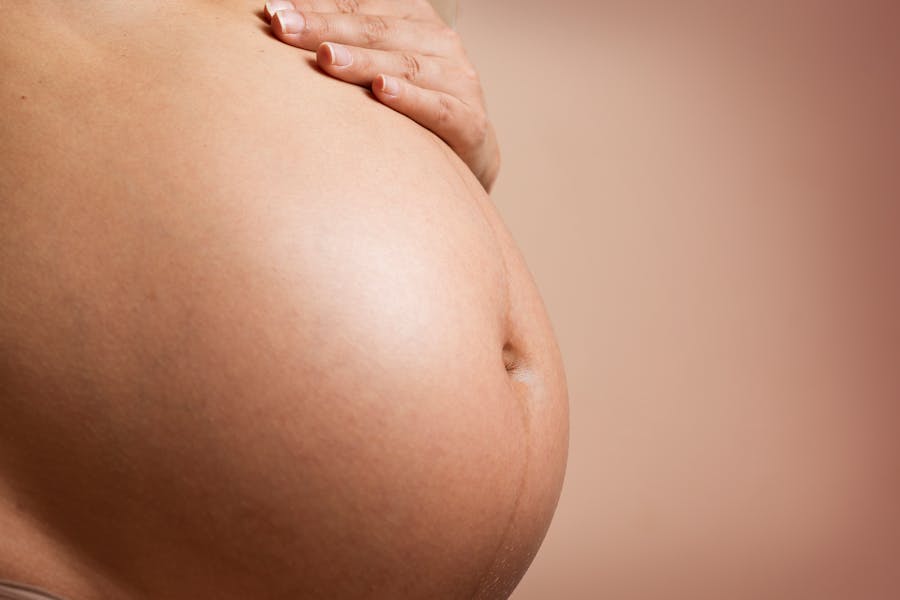Low sex drive is a common concern among women. Many factors contribute to this issue, including physical, psychological, and social aspects. While low libido can be temporary, it can also significantly impact a woman’s life if it persists for a long time. This blog post will explore why women may experience low sex drive.
Hormonal imbalances:
Hormonal imbalances, especially during menopause, can cause a significant decrease in libido. As women age, their levels of estrogen and testosterone decrease, which can result in a reduction in sexual desire. Hormonal imbalances can also be caused by medical conditions such as polycystic ovary syndrome (PCOS) or thyroid disorders.
Stress and anxiety:
Stress and anxiety can cause physical and emotional exhaustion, leading to a decrease in sexual desire. When we’re stressed, our body produces cortisol, which can decrease the levels of sex hormones. Additionally, anxiety can create a negative feedback loop, where worrying about low libido can further reduce sexual desire.
Relationship issues:
Relationship issues such as infidelity, trust, or communication problems can impact a woman’s sex drive. If there are unresolved conflicts or emotional disconnects in the relationship, it can be challenging for a woman to feel emotionally and physically intimate.
Medications:
Certain medications, such as antidepressants, birth control pills, and blood pressure medications, can affect a woman’s libido. These medications can alter hormone levels, affect neurotransmitters, and decrease blood flow to the genitals, decreasing sexual desire.
Chronic illnesses:
Chronic illnesses like diabetes, cancer, and heart disease can also impact a woman’s libido. The physical and emotional toll of dealing with a chronic disease can decrease sexual desire.
Poor body image:
Low self-esteem and poor body image can also significantly affect a woman’s sex drive. Women who feel insecure about their bodies may feel self-conscious during sex, decreasing sexual desire.
Lack of sleep:
Sleep is essential for our overall health, including our sexual health. When we don’t get enough sleep, our body’s hormonal balance can be disrupted, decreasing sexual desire.
Identifying the underlying cause of low libido can help to develop a treatment plan and get you “turned on” again. There is no one-size-fits-all to fix low libido in women, as the causes can vary significantly from person to person. Women who experience low libido should not feel ashamed or embarrassed to seek help. Several strategies can be effective in addressing this issue. Here are five tips to offer some assurance:
- Open and honest communication about feelings, desires, and concerns with your partner can help alleviate stress and build intimacy. Discussing your problems can also help your partner understand what you are going through and how they can support you.
- It’s crucial to take steps to manage stress in your daily life. This could include practicing relaxation techniques like yoga or meditation, getting enough sleep, and engaging in regular physical activity.
- Taking care of your physical and emotional well-being is crucial for maintaining a healthy libido. This could involve eating a balanced and nutritious diet, exercising regularly, and making time for hobbies and activities you enjoy.
- If low libido is causing significant distress, speaking with a therapist or counselor who can help you explore underlying issues and develop coping strategies may be helpful.
- In some cases, hormonal imbalances or certain medications may cause a decline in your sex drive. In those cases, talking to a healthcare provider to rule out any medical causes is essential.
- There are also a variety of sexual enhancement products available, such as lubricants or vibrators, that can help improve sexual arousal and pleasure.
It’s essential to understand that low libido is a common issue many women experience at some point. With the right strategies and support, it’s possible to overcome this issue and enjoy a healthy and fulfilling sex life.



